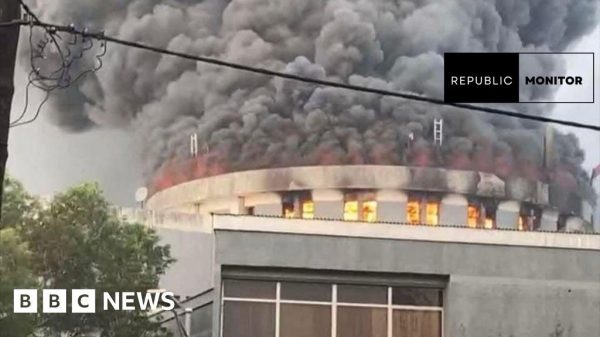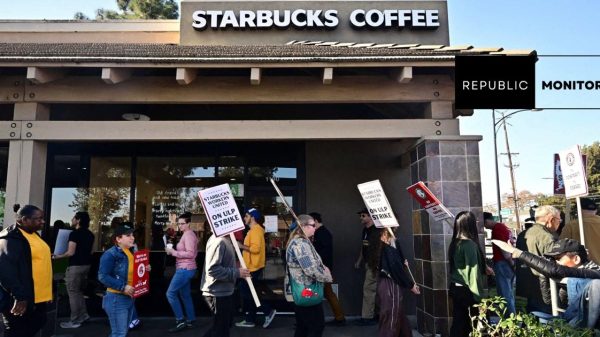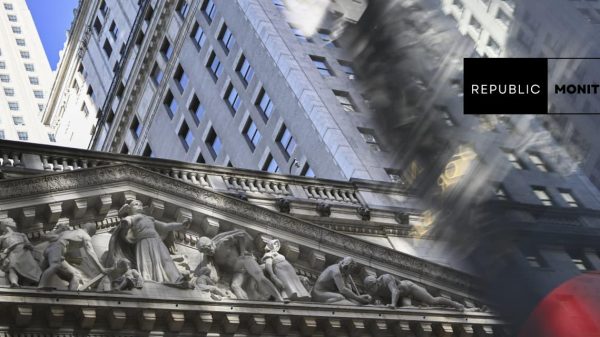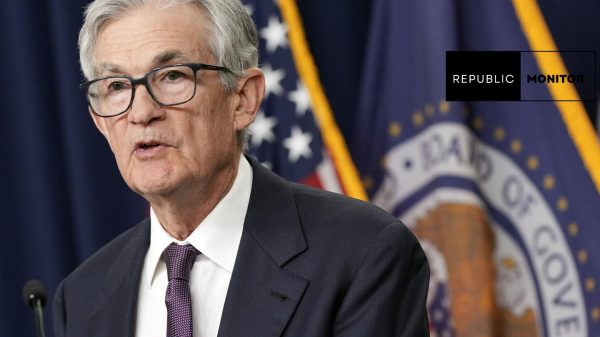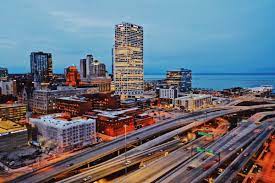Living in Milwaukee offers a mix of experiences, from a thriving economy to a vibrant entertainment scene. However, beneath the surface of this dynamic city, there are neighborhoods grappling with high crime rates and complex socio-economic challenges. Exploring the most dangerous neighborhoods in Milwaukee in 2024 sheds light on the city’s nuanced landscape.

Traversing the Communities: Recognising the Difficulties of Milwaukee’s High-Crime Areas in 2024
Understanding the Crime Landscape
Milwaukee’s appeal as a place to reside is evident, but delving into the statistics reveals a different narrative, particularly in neighborhoods like North Division, Franklin Heights, Metcalfe Park, Park West, and Garden Homes. Crime rates in these areas stand at 129% to 152% higher than other parts of the city, presenting a sobering contrast to the overall positive image of Milwaukee.
The Staggering Numbers
- North Division: Topping the list with the highest crime rates, North Division highlights the challenges faced by its residents.
- Franklin Heights: The second-highest crime rates underscore the need for targeted community support and intervention.
- Metcalfe Park: Positioned at number three, Metcalfe Park grapples with crime-related issues that demand attention.
- Park West (Amani): Crime rates in Park West emphasize the need for collaborative efforts to create a safer environment.
- Garden Homes: Despite its name, Garden Homes faces challenges that extend beyond the idyllic, requiring community-focused solutions.
Exploring the Underlying Factors
Milwaukee, like many cities, struggles with stark divisions between black and white communities, reminiscent of neighboring Chicago. This socio-economic segregation, coupled with underlying poverty, creates an environment conducive to crime, adding layers of complexity to the issues these neighborhoods face.
Navigating Risky Places
- Lake Park: While situated at the bottom of the list, Lake Park still grapples with challenges that impact its community.
- Buchel Park: The neighborhood’s position underscores the need for targeted interventions to address safety concerns.
- Haymarket: Despite its historical significance, Haymarket faces contemporary challenges that demand community-driven solutions.
- Mitchell Park: This neighborhood grapples with crime-related issues, highlighting the broader challenge of community safety.
- Elm Grove: Facing safety concerns, Elm Grove’s inclusion emphasizes the need for a holistic approach to neighborhood well-being.
Conclusion
Milwaukee’s crime hotspots underscore the importance of community-centric solutions. Addressing the challenges faced by neighborhoods requires collaboration, targeted interventions, and a commitment to creating safer environments for all residents. As Milwaukee navigates these complexities, fostering a sense of community, understanding, and support becomes crucial to building a more secure and unified cityscape.




